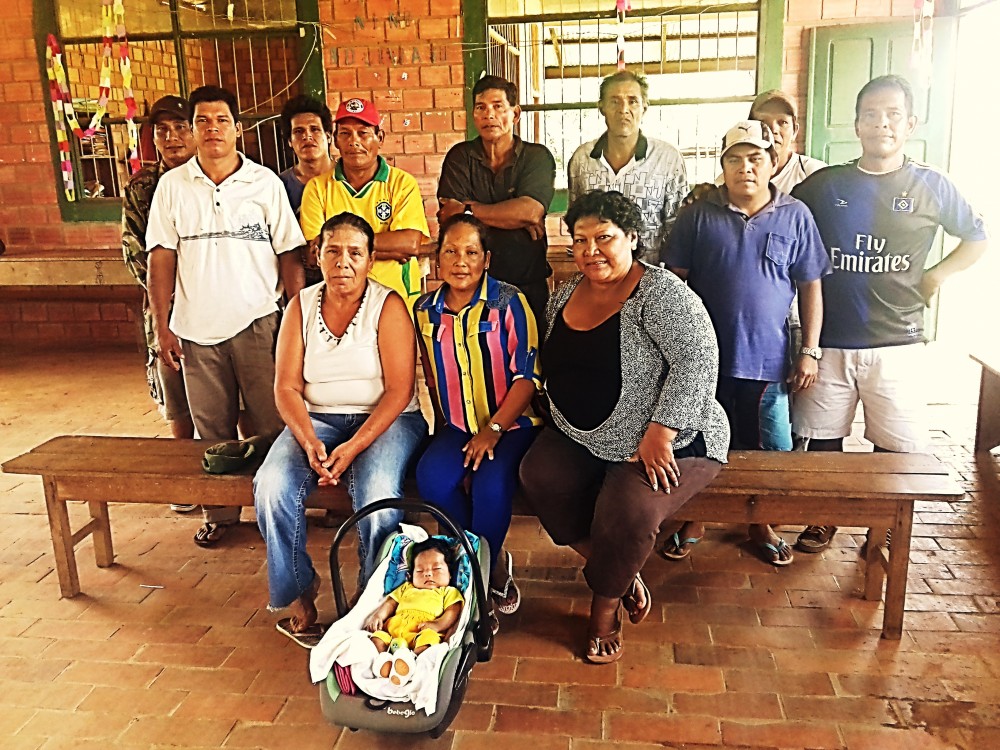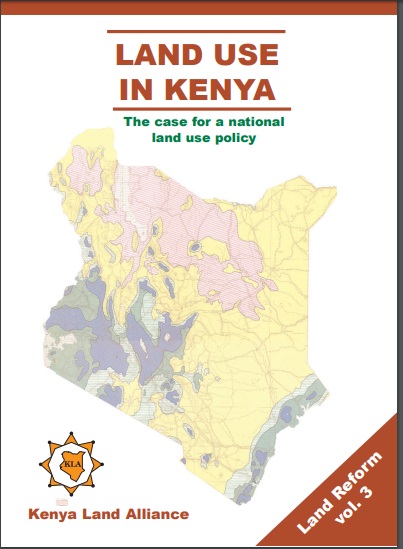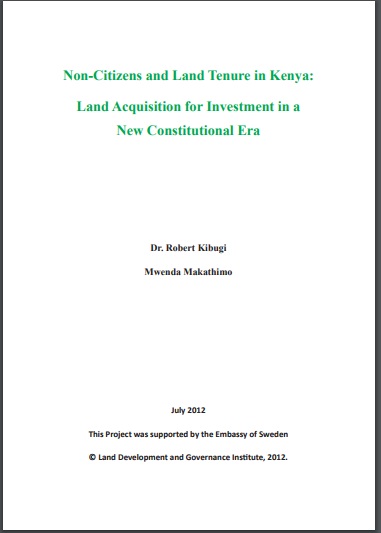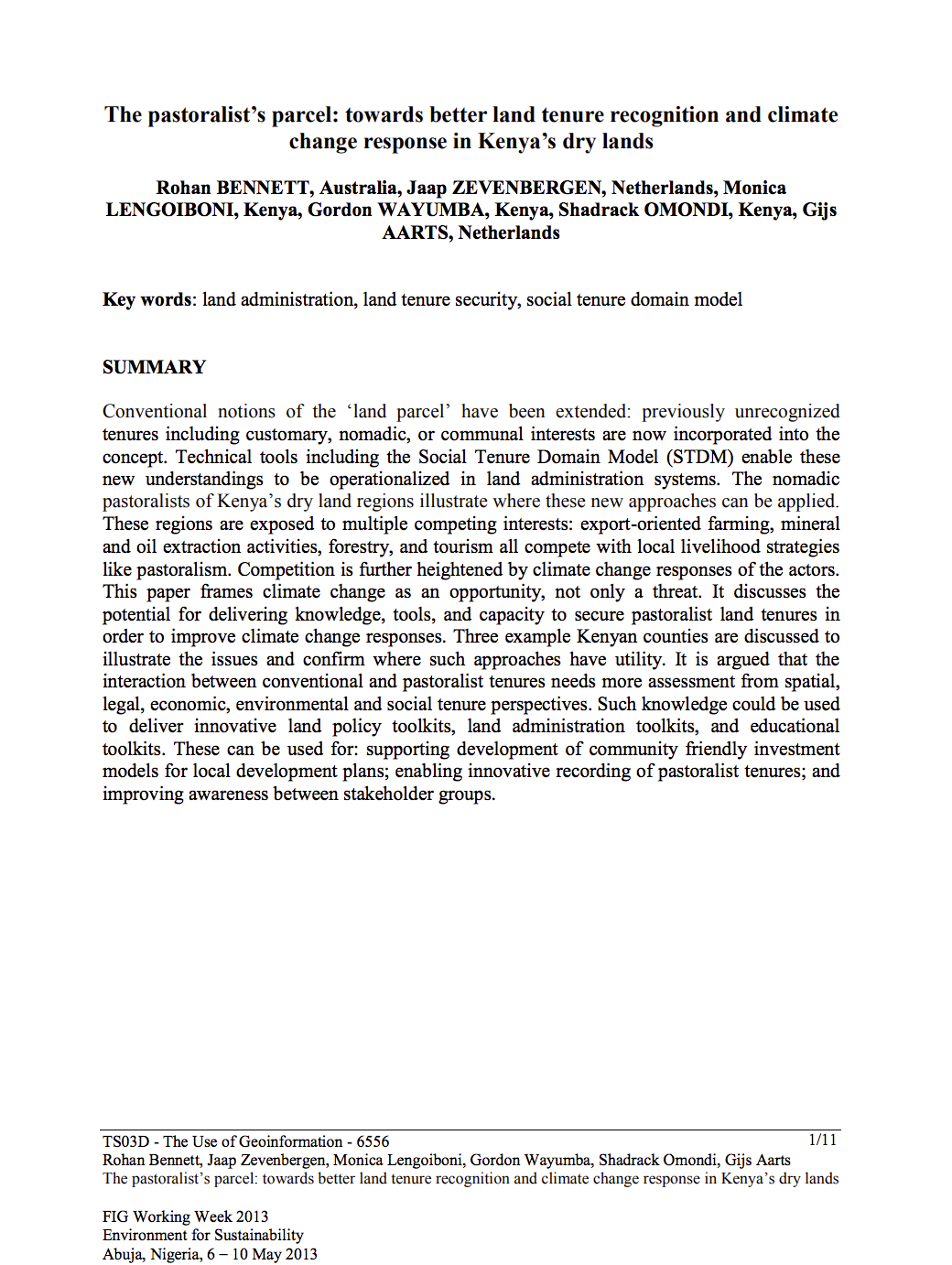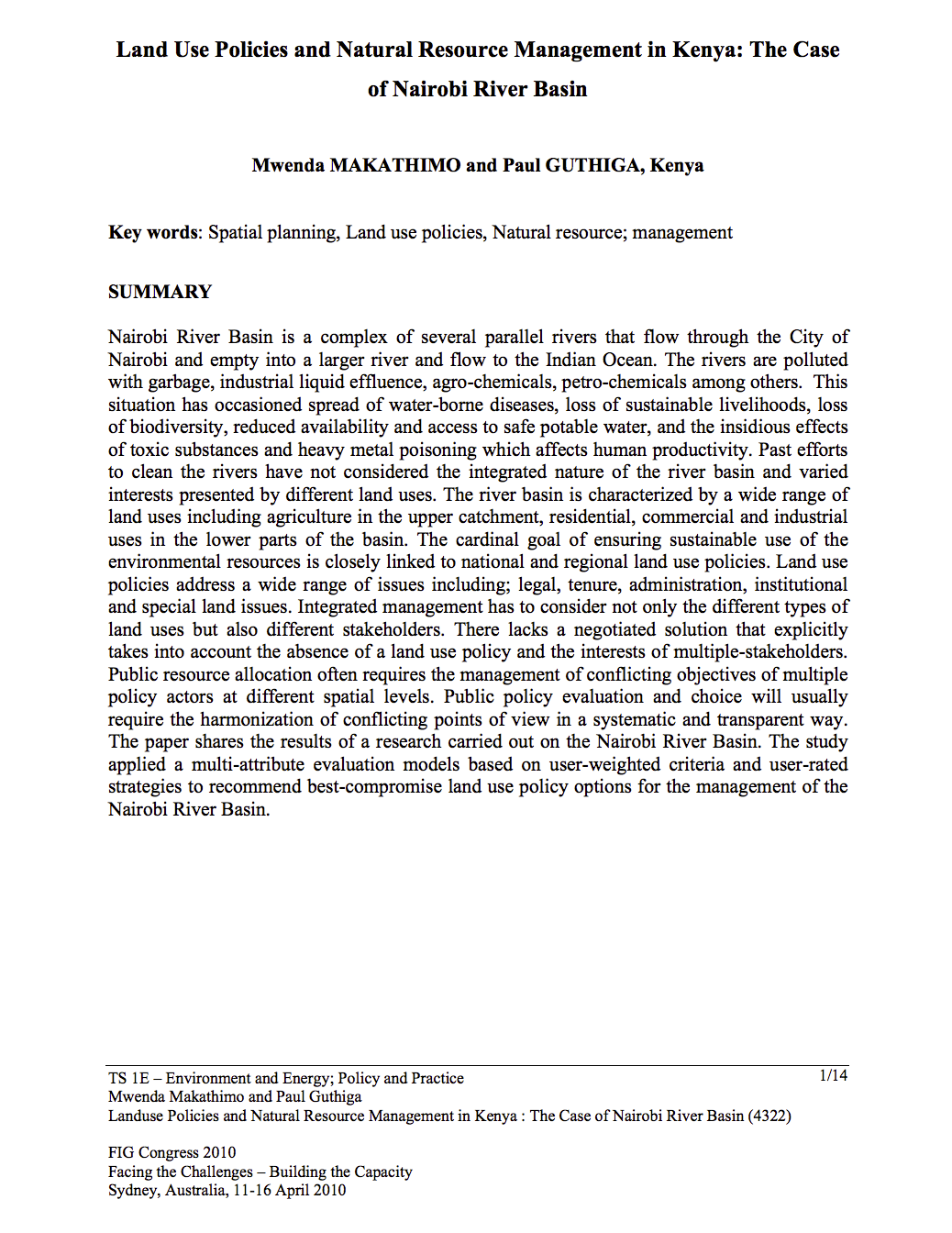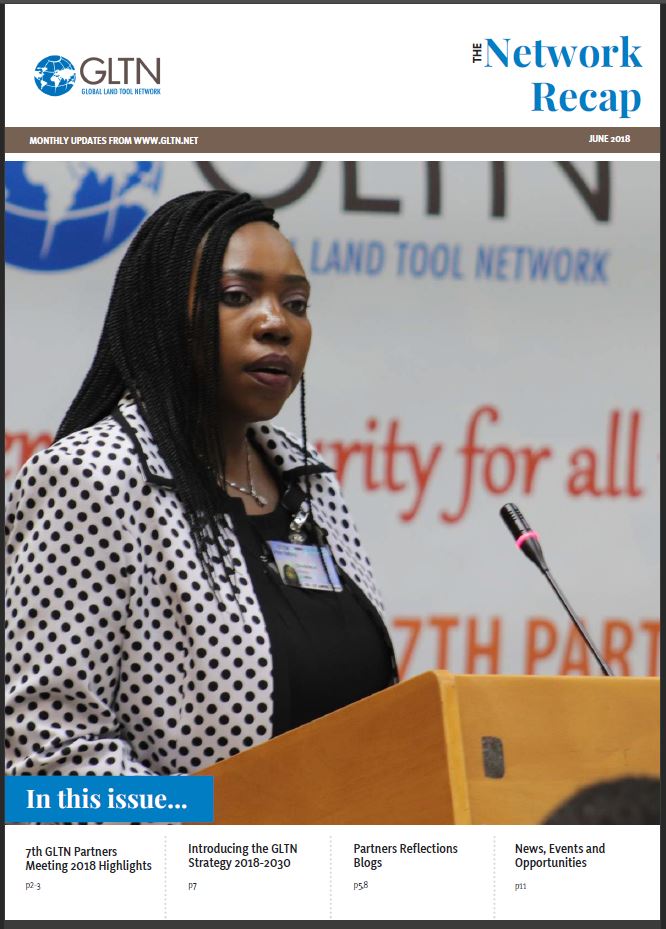Comunidad de Santa María y la lucha por la tierra
La comunidad de Santa María remite a un caso de lucha por la tierra en la que población de origen tacana (indígena) insiste en que el Estado le reconozca una determinada porción de territorio y bosque. Sus estrategias tienen que ver con las marchas para presionar a las autoridades y la consecución legal de tierras.

